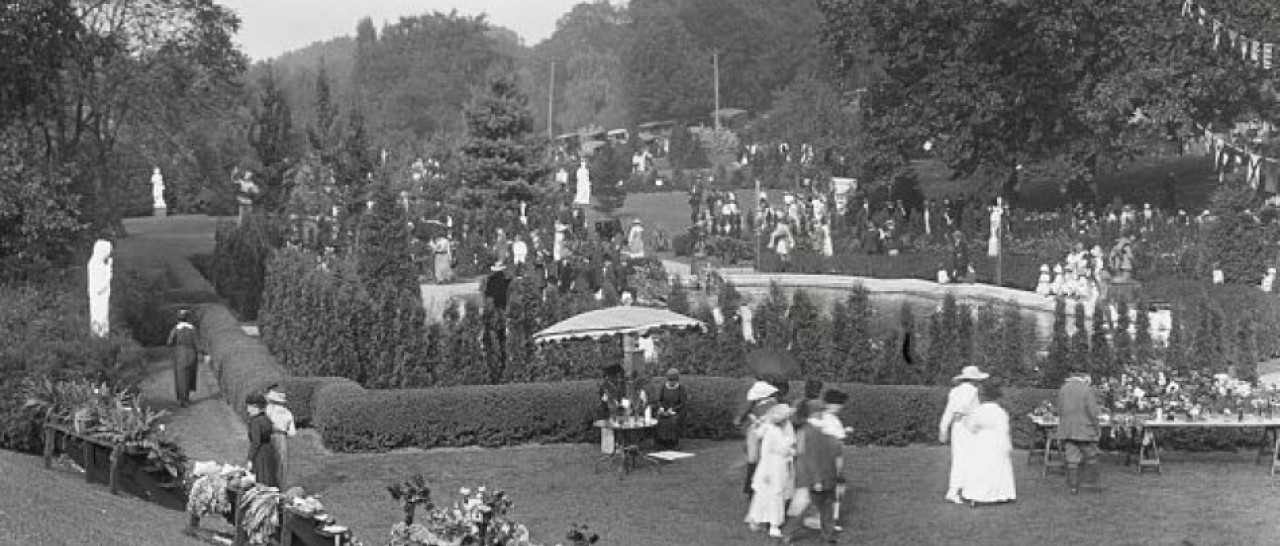Well, here it is, it’s 2023 and I’m already tired. Happy New Year, everyone! I had a good 2002, movie-wise and otherwise-wise. I started my Cinema Museum screenings, my Medium blog started being monetized, I had reviews published in magazines and I met some wonderful people in this wonderful city we call the Big Smoke – nobody calls it that. So, here it is, 2023 and, as per, it’s January and I give you the series of posts for this year. I realised that I’ve talked about soooo many things on my blog, particularly my several series. Screenwriters (which is now the basis or my Cinema Museum screenings – check them out), Comedy, World Cinema, etc… and I’ve yet to talk about the Oscars! Well, that’s not entirely true. But I’ve said for years that I wish the Oscars were on every day, so I shall make that happen… on this blog, once a month. AND THE OSCAR DOESN’T GO TO… will focus on the people who… never won an Oscar. I wrote three articles about this a few years and they were fairly popular. So I want to explore it a bit more.
So let’s start with one of biggest film directors of his generation, the great Ernst Lubitsch. That’s right, despite being nominated three times, Lubitsch never own a Best Director Oscar. He was nominated for The Patriot (1928), The Love Parade (1929) and Heaven Can Wait (1943), and lost to Frank Lloyd for The Divine Lady, Lewis Milestone for All Quiet on the Western Front, and Michael Curtiz for Casablanca, respectively. You probably know that Billy Wilder had a sign in his office that read How Would Lubitsch Do it?. This is not surprising. Lubitsch could craft a story like nobody’s business – look no further than Trouble in Paradise (1932), an impeccably written soph-com if there ever was one. Or Design for Living (1933), a ground-breaking sex comedy. Or Ninotchka (1939), in which Greta Garbo finally laughed. His sense of subtlety, exposition and sophistication, or the Lubitsch Touch, is the stuff of legends and it is still being copied and homaged to this day. His famous ‘Touch’ is pretty hard to put into words, but if one were to attempt it, one could argue that Lubitsch knew what to put in and what to leave out, when and in which order, for the audience to catch up, all wrapped up in the most delicious champagne-filled haze.
William Wyler and Billy Wilder’s exchange at Lubitsch’s funeral in 1947 says it all: ‘No more Lubitsch’, says Wyler. ‘Worse than that, no more Lubitsch pictures’, Wilder replies.

